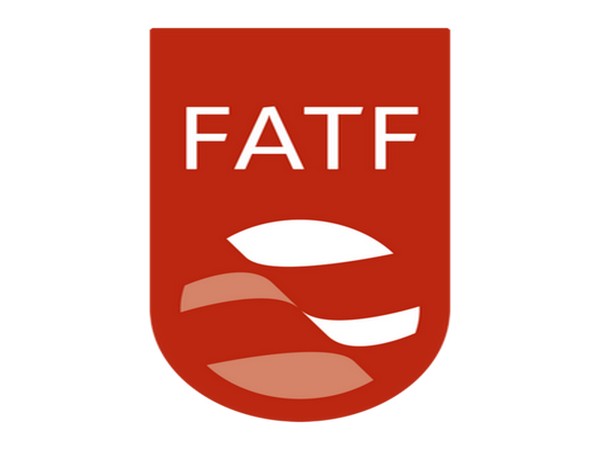By Vish Gain for AML Intelligence
EUROPE’S RECENT SPATE of money laundering scandals are not just the fault of banks but also of the EU’s AML system, the head of Europe’s largest banking association has said.
Wim Mijs, CEO of the European Banking Federation, thinks that fragmentation and lack of data sharing within the EU are some of the reasons behind the many high-profile money laundering scandals that have rocked the bloc in recent years, often leading to heavy fines on banks.
Speaking at a conference on the Adoption of Europe’s AML Action Plan organised by AML Intelligence Monday, Mijs stressed that while we’ve come a long way since the first AML directives, we still have a long way to go and that the proposed supervisory is a step in the right direction.
“As a young lawyer, I worked on the implementation of the first AML directive and I was taken by policemen to the streets of Amsterdam and shown the effects of organised crime on the city and the damage it can do to people addicted to drugs and to human trafficking,” he told an audience of over a 1000 delegates.
He reminded the audience why AML in those days was left to member states — because police and banks were organised nationally. But data-sharing was a problem.
“Now we know that we need more data to fight crime — and that is only possible through a unified approach,” he said, adding: “A unified customer due diligence process is the backbone of an effective policy.
“The Action Plan has good ingredients, but we need to get the dish right.”
Current system ‘too rule-based’
Agreeing with some of the comments made earlier in the conference by EU Commissioner Mairead McGuinness, Mijs said that public-private partnerships were essential to the success of the undertaking.
Speaking of the EBF’s role in the fight against money laundering, Mijs said: “We are the gatekeepers and need to keep dirty money out of the system. We set up a financial crime strategy group taking the best people from banks and national units to see how we can improve.”
But Mijs argued that there is much to learn from the shortcomings of the current system, which he thinks is “too rule-based”.
“I remember as a young lawyer, AML was an operation between law enforcement and banks. Today, it is so rule-based that it has detrimental effects even on senior and experienced compliance officers who get very defensive in the way they report,” Mijs told the conference.
“This leads to a haystack of suspicious activity reports — of which 90% are so-called false positives,” he said.
The steady growth in the number of SARs over the years has led to the need for an intelligence-based approach, Mijs said. And while the banking sector is read to deliver electronic payment systems for transactions, their convenience in being instant also complicates AML.
“This means the ability to follow transactions needs to be bigger by moving data to the cloud and using AI to check the transactions,” he said.
“There is also frustration around the administrative way of functioning — stressing on the number of reports rather than the quality of the report. This leads to defensive reporting which needs to be avoided,” he told the conference.
“We are fighting financial crime, not each other.”
GDPR: ‘The four letters that strike fear’
According to Mijs, the biggest problem under the status quo other than fragmentation is the lack of effective data-sharing between banks in member states and the apprehension around EU data protection laws, or GDPR.
“These four letters strike fear in many banks and lawyers. Banks are worried about their reputation in AML and contesting GDPR,” he said.
“The data protection authority at the European level needs to give us a better explanation and interpretation of GDPR rules that work for everyone.”
He argued that the supervisor needs not only the right data but also the right people to analyse it and that not every transaction needs to be analysed but the big networks and money streams behind them.
“We give fines to banks, but the question is, did we catch any organised crime?” he said.
While he is optimistic about the new supervisor, he says that unless we learn from our current mistakes, we risk losing both time and money.
“Since we the banks will pay for it, it better be good. If we get the supervisor wrong, then we fail after paying lots of money,” he cautioned.
“We need an effective AML framework — not an additional layer for reporting.”
Share:











